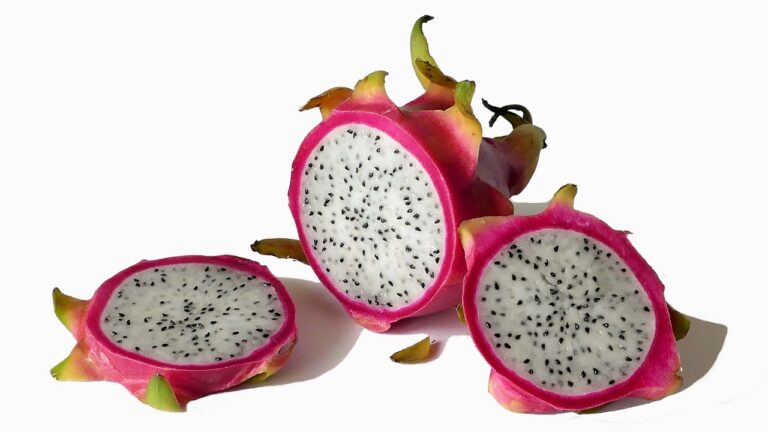Exploring the Gut Microbiome and Its Impact on Health: Allpannel, Lotus bhai, Allpaanel com mahadev book login
allpannel, lotus bhai, allpaanel com mahadev book login: Exploring the Gut Microbiome and Its Impact on Health
When it comes to our health, we often think about factors such as diet, exercise, and genetics. However, there is one key player that many of us may not be giving enough attention to: our gut microbiome. The gut microbiome is a complex ecosystem of trillions of bacteria, fungi, and other microorganisms that live in our digestive tract. These tiny organisms play a crucial role in our overall health and well-being.
In recent years, there has been a surge of interest in the gut microbiome and its impact on our health. Research has shown that the diversity and composition of our gut microbiome can influence everything from our immune system and metabolism to our mental health and risk of chronic diseases. In this article, we will explore the fascinating world of the gut microbiome and discuss its profound effects on our health.
What is the Gut Microbiome?
The gut microbiome refers to the collection of microorganisms that live in our gastrointestinal tract. These microorganisms include bacteria, fungi, viruses, and other microbes. The gut microbiome is incredibly diverse, with hundreds of different species of bacteria alone.
The gut microbiome plays a crucial role in digestion, nutrient absorption, and the synthesis of important vitamins and minerals. It also helps regulate the immune system, protect against harmful pathogens, and influence our metabolism. In essence, the gut microbiome is like a mini ecosystem within our bodies, with its own unique set of functions and interactions.
Factors that Influence the Gut Microbiome
Several factors can influence the composition and diversity of the gut microbiome. These include:
1. Diet: The food we eat has a significant impact on our gut microbiome. A diet high in fiber and plant-based foods promotes a more diverse and healthy gut microbiome, while a diet high in processed foods and sugar can disrupt the balance of microorganisms in the gut.
2. Antibiotics: Taking antibiotics can temporarily disrupt the gut microbiome by killing off both harmful and beneficial bacteria. This disruption can lead to imbalances in the gut microbiome and potentially increase the risk of certain health conditions.
3. Stress: Chronic stress can affect the gut microbiome by altering the production of certain hormones and neurotransmitters that impact the digestive system. This can lead to changes in the gut microbiome and contribute to gastrointestinal issues.
4. Genetics: Our genetics play a role in determining the composition of our gut microbiome. Certain genetic factors can influence how our bodies interact with different types of bacteria and other microorganisms.
The Impact of the Gut Microbiome on Health
The gut microbiome has a profound impact on our overall health and well-being. Here are some ways in which the gut microbiome can influence our health:
1. Immune System: The gut microbiome plays a critical role in regulating the immune system. A healthy gut microbiome helps protect against harmful pathogens and promotes a balanced immune response. Imbalances in the gut microbiome have been linked to autoimmune diseases, allergies, and other immune-related conditions.
2. Digestive Health: The gut microbiome is essential for proper digestion and nutrient absorption. Imbalances in the gut microbiome have been associated with gastrointestinal issues such as irritable bowel syndrome (IBS), inflammatory bowel disease (IBD), and constipation.
3. Metabolism: The gut microbiome can influence our metabolism by helping to break down food, regulate appetite, and produce important metabolites that impact energy levels and weight management. Imbalances in the gut microbiome have been linked to obesity, diabetes, and metabolic syndrome.
4. Mental Health: The gut microbiome has been dubbed the “second brain” due to its effects on mental health. The gut-brain axis is a bidirectional communication system between the gut and the brain that influences mood, cognition, and behavior. Imbalances in the gut microbiome have been linked to conditions such as anxiety, depression, and neurodegenerative diseases.
How to Support a Healthy Gut Microbiome
Maintaining a healthy gut microbiome is essential for overall health and well-being. Here are some tips to support a healthy gut microbiome:
1. Eat a diverse diet rich in fiber and plant-based foods.
2. Include probiotic-rich foods such as yogurt, kefir, and fermented vegetables in your diet.
3. Limit the consumption of processed foods, sugar, and artificial sweeteners.
4. Take antibiotics only when necessary and follow your healthcare provider’s recommendations.
5. Manage stress through relaxation techniques, mindfulness, and regular exercise.
6. Get regular physical activity to support digestion and metabolism.
FAQs
Q: Can I improve my gut microbiome through supplements?
A: While some people may benefit from probiotic supplements, it is generally recommended to focus on a healthy diet and lifestyle habits to support a diverse and balanced gut microbiome.
Q: How long does it take to see changes in my gut microbiome?
A: Changes in the gut microbiome can occur relatively quickly, within a matter of days to weeks, especially in response to dietary changes. However, it may take longer to see noticeable improvements in certain health conditions.
Q: Are there specific tests to assess the gut microbiome?
A: Yes, there are several tests available that can analyze the composition and diversity of the gut microbiome, such as stool tests and genetic sequencing. These tests can provide valuable insights into the health of your gut microbiome and help guide personalized recommendations.
In conclusion, the gut microbiome is a fascinating and complex ecosystem that plays a crucial role in our overall health. By understanding the factors that influence the gut microbiome and taking steps to support its health, we can improve our digestive function, immune response, metabolism, and mental well-being. So, let’s start paying more attention to our gut microbiome and nurturing it with the care it deserves.







